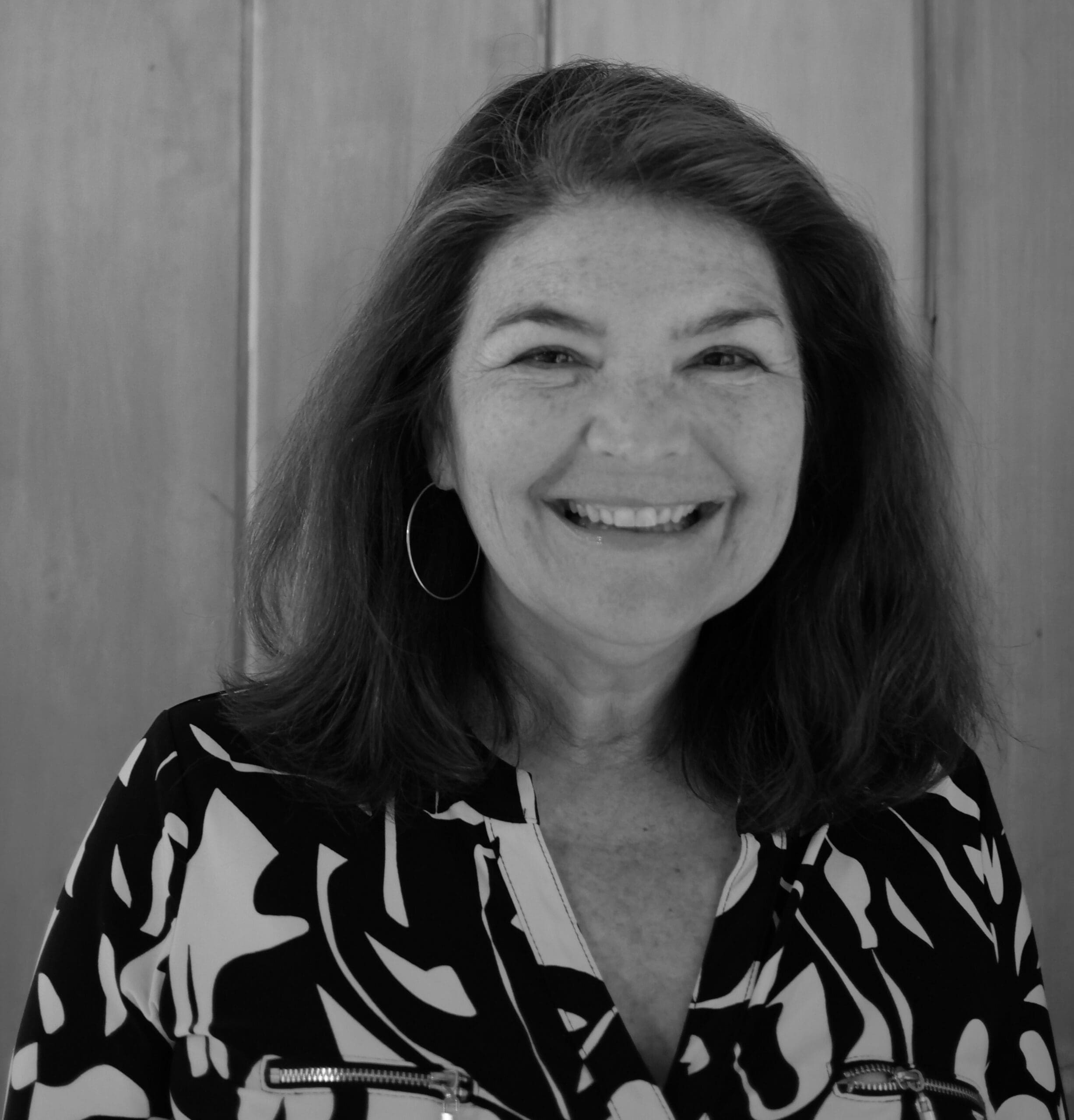Five questions you should ask about finding a retirement home during the pandemic.

Illustration by Drew Bardana.
Whether you are considering moving into an active 55-plus community or an assisted living or continuing care facility, the “feel” of a place is critical. But how reliable are first impressions when in-person visits are strictly limited, many activities are on pause, and everyone you meet is wearing a face mask? To provide guidance, we’ve asked some experts about the best ways to find a new home in these challenging times.
I’m thinking about moving into a retirement community. Is this a good time to sell my house?
Real estate sales slowed earlier this year due to restrictions from COVID-19. “There was a period of time when nothing could happen—nobody could get onsite,” says Deena Brooks, associate broker with Long & Foster in Virginia Beach and a Certified Senior Adviser. Now that Virginia is in phase 3 of the reopening, sales have quickly picked up. “It’s almost like we’re in a delayed spring/summer market.” With low market inventory across the state, high demand, and mortgage interest rates dipping below 3 percent, “It’s a great time to sell a home. People are experiencing multiple offers and going quickly under contract,” she says.
What trends are you seeing in 55-plus home buying?
The pandemic has led many to shift their priorities. “One thing that I see right now—and I think this is COVID—a lot of family members want to be closer to each other,” says Brooks.
Another trend: communities with lots of outdoor space. After months of confinement, and a growing awareness of how the virus spreads, it’s not surprising that retirees are attracted to developments like Chickahominy Falls, a new 55-plus “agrihood” in Glen Allen that features miles of walking trails and a 10-acre farm. Trilogy at Lake Frederick, Mosaic at West Creek in Goochland, Carter’s Mill by Del Webb in Haymarket, Birchwood at Brambleton, and Highlands at Blue Ridge Shadow in Front Royal are among the active adult communities with ample outdoor amenities—from pools to tennis, pickleball courts, and golfing.
Many are drawn to 55-plus active developments for the opportunity to get to know neighbors—including socially distanced activities, such as outdoor yoga. When looking for a retirement home, “The number one thing in a time like this is the sense of community,” Brooks says. “There’s something to be said for being isolated in your own home and feeling safe, and you can have your groceries delivered. But if you don’t have local family or somebody checking up on you, there’s a lot of loneliness going on right now.”
How do you tour communities or sell your home safely?
The pandemic has led to fewer open houses and, according to Brooks, more virtual tours, masks, and social distancing. Some individuals who can afford it are moving into new homes before selling their old ones to avoid dealing with multiple people coming and going. “Throughout the lockdown period of the epidemic, people were doing a lot of their research online,” says Brooks. “If you can narrow down your choices and then go in when you’re ready to make a decision, you can limit some of the exposure.”
What if I need more care?
Facilities like St. Mary’s Woods in Richmond offer various levels of assistance with activities of daily living and medication management, as well as planned activities, without an entrance fee. Some, like Edgeworth Park at New Town and Bay Lake in Virginia Beach, also offer memory support. Lifelong care communities like Harbor’s Edge in Norfolk, Brandon Oaks in Roanoke, Kings Grant in Martinsville, and Vinson Hall in McLean can accommodate greater needs of residents as they age—from independent living, assisted living, and memory support to skilled nursing and rehabilitative care.
When trying to find a community for yourself or a loved one during these times of uncertainty, Debbie Callahan, vice-president of marketing and development at Westminster Canterbury of Lynchburg, recommends getting recommendations from friends, visiting facility websites, and looking at comparable data. “If they’re a nursing home or rehabilitation center, what’s their Medicare rating? You might also look for other certifications that the facility might have—like CARF—and resident satisfaction surveys,” she says.
Assisted living and lifelong care facilities have been particularly hard hit by COVID. What safety measures should we look for during this time?
Many of these communities are still closed to outside visitors, except to families with relatives in hospice. When evaluating a community, look for safety measures like requiring face masks in public areas, restricting meals to take-out or delivery, and limiting class sizes and activities. Ask about their sanitation procedures and if they are doing extra cleanings.
Daily temperature screenings of staff and regular COVID-19 testing of residents and staff are critically important to controlling outbreaks, says Callahan. In Westminster Canterbury of Lynchburg’s assisted living communities and health care center, “We’ve been testing for about five different cycles now, from early July.” When a new individual moves into an assisted living or lifelong care community, they may have to first undergo testing and then quarantine before being tested again.
“We’re being super cautious,” says Laura Hunter, marketing director for Westminster Canterbury of Lynchburg, which has reported zero COVID-19 cases among its residents. “Right now, we’re going to protect our greatest asset: the people who live here. We’re in a good place right now, and we’re really grateful.” WCLynchburg.org, LongAndFoster.com
This article originally appeared in the December 2020 issue.









